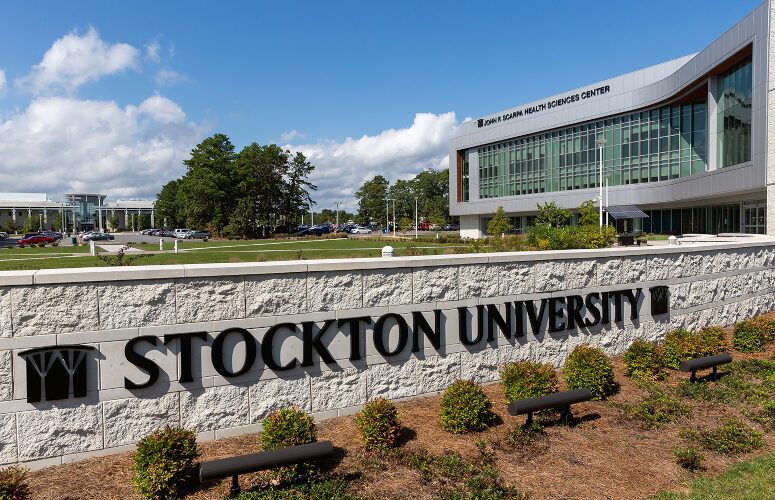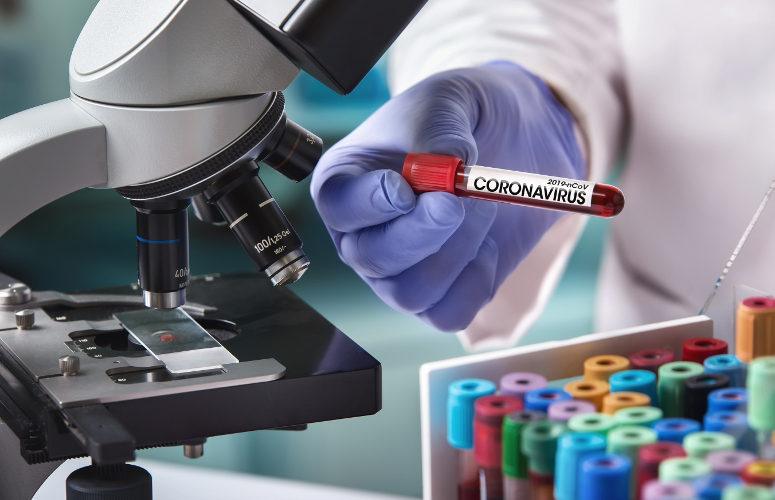
Nearly $1M Grant for Stockton to Expand JOBS Program for Recovery Court Graduates
On Jun 12, 2023Stockton University has received a nearly $1 million grant from the state Department of Labor (DOL) to expand its work in helping recovery court graduates get scholarships, training and jobs after being placed on probation.
“We’ve been the lead institution,” said Marissa Levy, Stockton’s dean of the School of Social and Behavioral Sciences. “We were the only ones shepherding this work for a while.”
During the last few years, Levy worked with now-retired state Judge Mark Sandson, the New Jersey Judiciary, and Stockton President Harvey Kesselman to create Judiciary Opportunities for Building Success (JOBS), which helped probationers find jobs at state colleges and universities.
With the new $947,100 grant, Stockton is spearheading the creation of a one-year pilot program called SJ-JOBS for 200 probationers in Atlantic and Cape May counties. Kean and Rutgers-Camden universities and three other nonprofits also received money to create programs in other parts of the state as part of the DOL grant totaling $6 million.
“Chief Justice Stuart Rabner’s JOBS initiative is one of the best examples of a public/private partnership to improve society,” said Glenn A. Grant, administrative director of the courts. “The collaboration between the DOL, the Judiciary and institutions of higher learning will help to further enhance the mission of the JOBS program as we continue working to build our network of companies and organizations who see the value and importance of giving people a second chance.”
Kesselman, who is retiring as Stockton’s president on June 30, was selected in May to be a member of the JOBS Committee along with several other judges, business leaders and state government employees.
“This is a home-run opportunity for Stockton University to continue helping reform the criminal justice system in New Jersey,” he said. “When people come out of the criminal justice system, we want to provide the tools necessary to make sure they can become productive members of society.”
Levy said the No. 1 factor in lowering the recidivism rate among probationers is the ability to provide full-time employment with good benefits. But there also needs to be job training and services that can provide mental health and financial literacy support.
The new program takes that into consideration, Levy said, as SJ-JOBS will provide a “wrap-around” approach that will offer social services, identify career goals and training and eventually a job for probationers.
“We’re not only helping people get the training they need, but we’re helping them realize that they have potential and value in society,” said Levy, who’s also Stockton’s interim provost and vice president for Academic Affairs. “This will help the person leave the program as a fully prepared citizen.”
Stockton will partner with Jewish Family Service of Atlantic County for mental health training, Ideal Institute of Technology in Mays Landing for job training and the Atlantic County Workforce Development Board for assistance in recruitment.
To access more business news, visit NJB News Now.
Related Articles:





